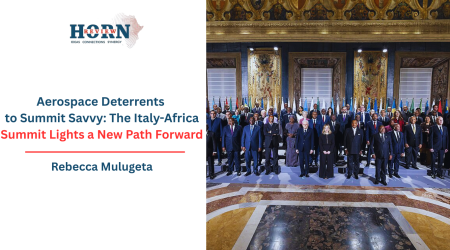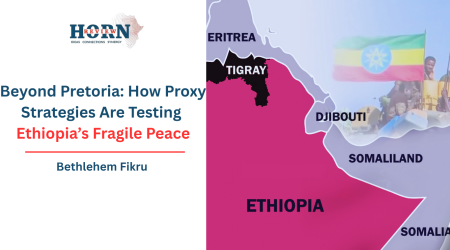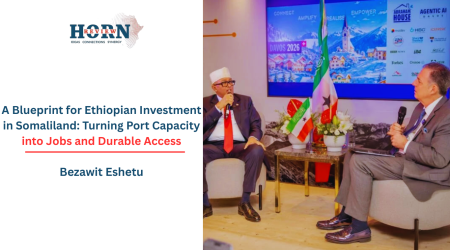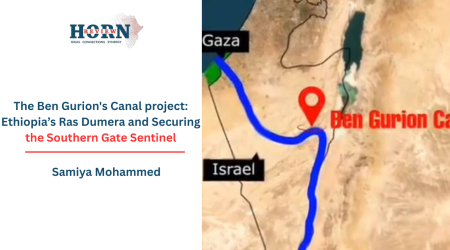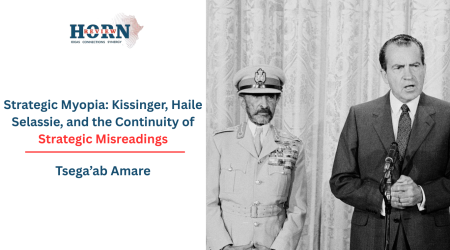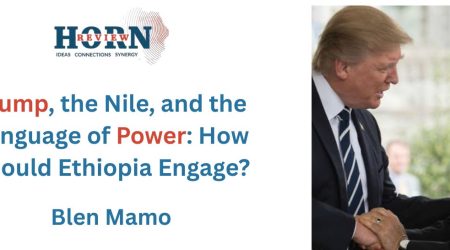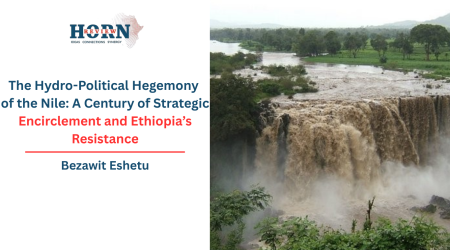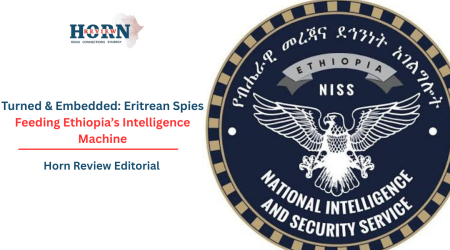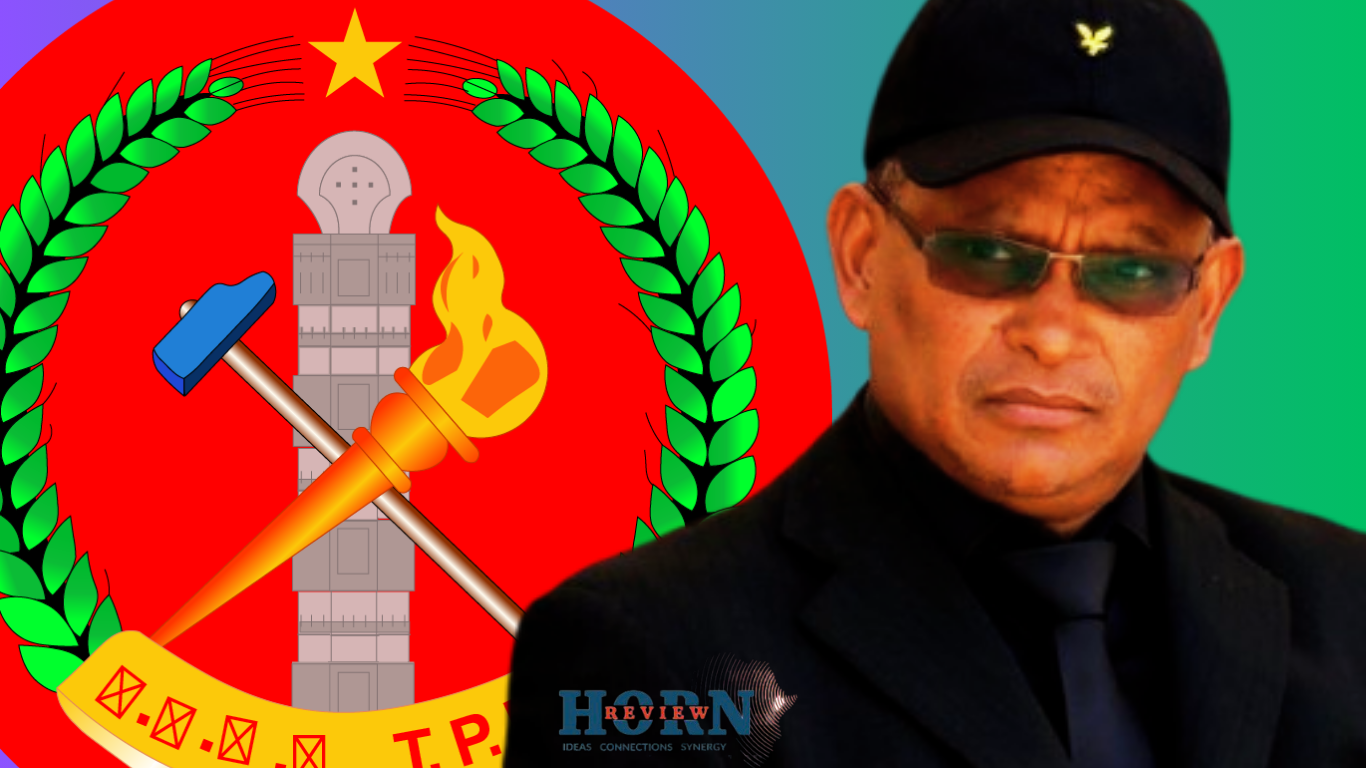
8
Jul
The Illusion of Liberation: Deconstructing the TPLF’s Self-Serving Agenda and Its Toll on Ethiopia
The term “liberation movement” once evoked images of noble struggles against oppressive colonial regimes, a narrative deeply etched into the fabric of 20th-century African history. But with the continent entering the 21st century, for the most part unencumbered by the old colonial domination, there stands a very ominous and even more fundamental question: From whom, then, are these so-called “liberation” movements actually seeking to liberate their people, if not from the same ideologies and imperious tendencies that have suffocated innovation and driven cycles of debilitating war? This is the important question that stands out in stark relief in Ethiopia, where the Tigray People’s Liberation Front (TPLF) has repeatedly shrouded its activities in the mantle of liberation, yet its own history has increasingly been defined by internal disintegration, destabilization, and gruesome human suffering. The concept of liberation, in this case, appears to have been appallingly shattered by self-aggrandizement and ruthlessness.
TPLF’s history in the 1970s, in its struggle against the Derg regime, was a legitimate historical basis for its story of liberation. It resonated with the people of Tigray who were eager to be free from an oppressive dictatorship. But today is 2025, and Ethiopia is no longer under TPLF’s control or colony. To persist with a “liberation” model in this modern age is not only outdated; it is a dangerous misrepresentation, concealing the true nature of current political conflicts. It implies an external oppressor when there is none in the classical sense, diverting attention from within power contestations and democratic aspirations of a pluralistic population. If TPLF, in its core, subscribes to a colonial paradigm, then a chilling self-reflection is warranted, for their prolonged dominion of Ethiopian politics suggests that they, rather than be liberators, may have become inadvertent internal colonizers in their approach to governance and distribution of resources. The “decent people” of Ethiopia, from all directions, no longer inhabit the 1970s and demand a new future.
The TPLF’s “splitter agenda” has been a persistent flashpoint in its political trajectory, maintaining a personalized ethno-nationalist agenda at the cost of the broader canvas of Ethiopian unity. While such an agenda might have initially served as a mobilizer of a particular base, it ultimately sowed deep seeds of disunity, leaving the soil ready for war. Justification of such an agenda, generally offered in the name of self-determination, has ironically been employed to systematically erode national cohesion. Instead of cultivating a shared Ethiopian identity, it has intensified ethnic resentment, leading to tragic meetings. The recent devastating war in Tigray that saw historical bloodshed and trauma is the most tangible proof for the catastrophic result of this gamble. The same party that proclaimed to liberate the Tigray people is now charged with committing major war crimes against them, raising the biting question of whose agenda would be advanced by such prolonged agony.
In a mature democracy, when a political party loses the mandate and confidence of the people, the honorable and non-violent option is to respect that feeling, step out of politics, and allow fresh leadership to emerge. TPLF’s perpetual struggle to cling to power, even when confronted with widespread public discontent, has resulted in Ethiopia’s direct destabilization. One need only ask seriously: Do the Tigrayan people, who have endured unimaginable hardship and loss, truly desire more war? Or do they desire peace, stability, and an opportunity to rebuild their lives free from the specter of war promoted by a party’s desire for power? The blood that was spilled in Tigray has been spilled for an agenda spearheaded by the TPLF that has horribly gambled on the future and lives of its people.
Backtracking from societal segments that do not have clear, positive aims risks instilling instability. In the absence of active effort and channels for proper socio-political inclusion, such groups will tend to drift towards subversive or violent means, ultimately undermining national peace and security. policymakers and the foreign allies, by passing complicated country matters, particularly those concerning organizations like the TPLF toward inflammatory activities, involves a steadfast commitment to Ethiopia’s national unity and territorial integrity.Most importantly, accountability for human rights violations, irrespective of perpetrator, is necessary to truly achieve reconciliation and prevent future cycles of conflict. International support must be designed to complement national strategies of prioritizing sustainable development and the building of democratic institutions, so that assistance benefits a cohesive, prosperous Ethiopia, bereft of polarizing narratives.
Finally, the very definition of ‘liberation’ in 21st-century Ethiopia is at a crossroads. When movements that have long held the reins of power, and are tragically linked to recent conflicts, continue to invoke this banner, it demands profound scrutiny. The fundamental question for such entities, including the TPLF, is whether their strategic objectives truly align with the profound yearning for peace and progress among the people of Tigray and across Ethiopia, or if they remain anchored in aspirations for national leadership.
The appeal now is to transcend the worn models of strife and instead work towards building a secure, full, and prosperous Ethiopia for all Ethiopians. True liberty, for Tigray and the broader nation, does not reside in maintaining previous injuries or ethno-national division, but in building a future in which political leaders perilously place the greater good ahead of individual agendas, respect democratic change, and embark unequivocally on a promise of accountability and reconciliation. The path to lasting peace in Ethiopia is founded on a shared embracing of national harmony, a deafening rejection of agendas that divide, and a common, sincere pledge that the blood of any Ethiopian, ethnic based communities or otherwise, will never again be shed for the sake of political agendas. This is true freedom that Ethiopia requires.
By Bethelhem Fikru,Researcher,Horn Review

